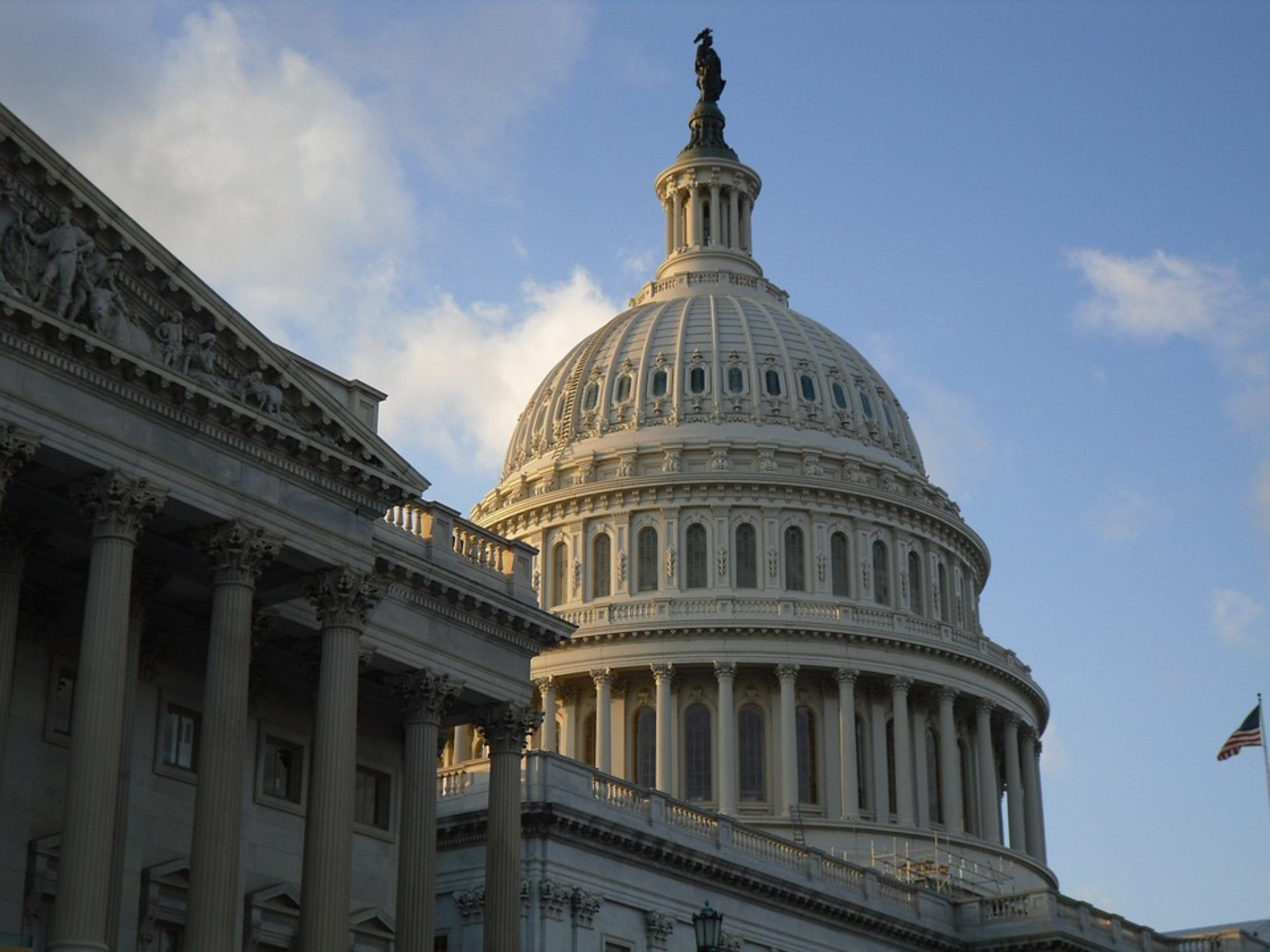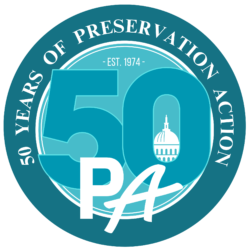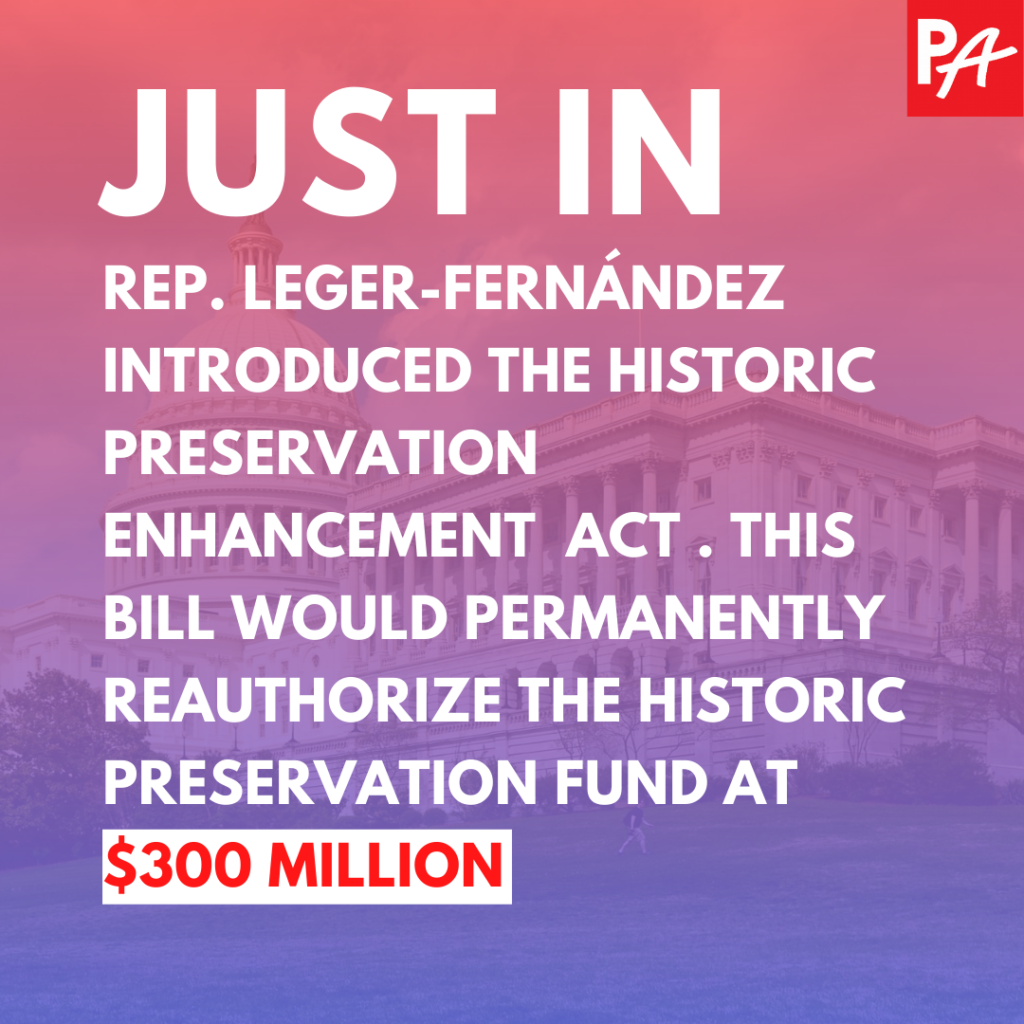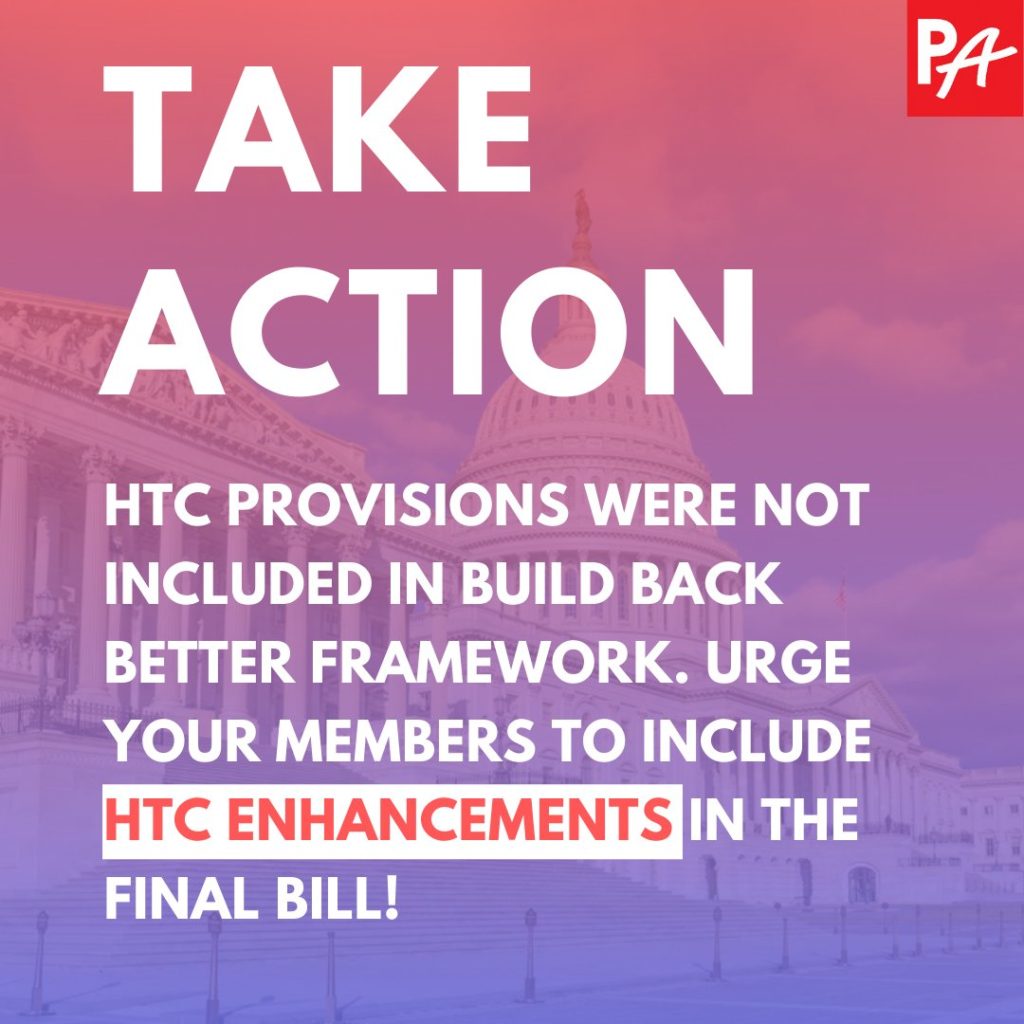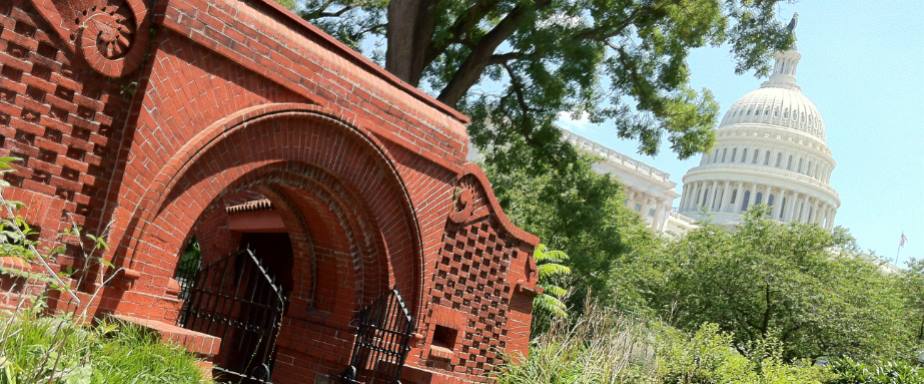Take action to Protect African American Burial Grounds!
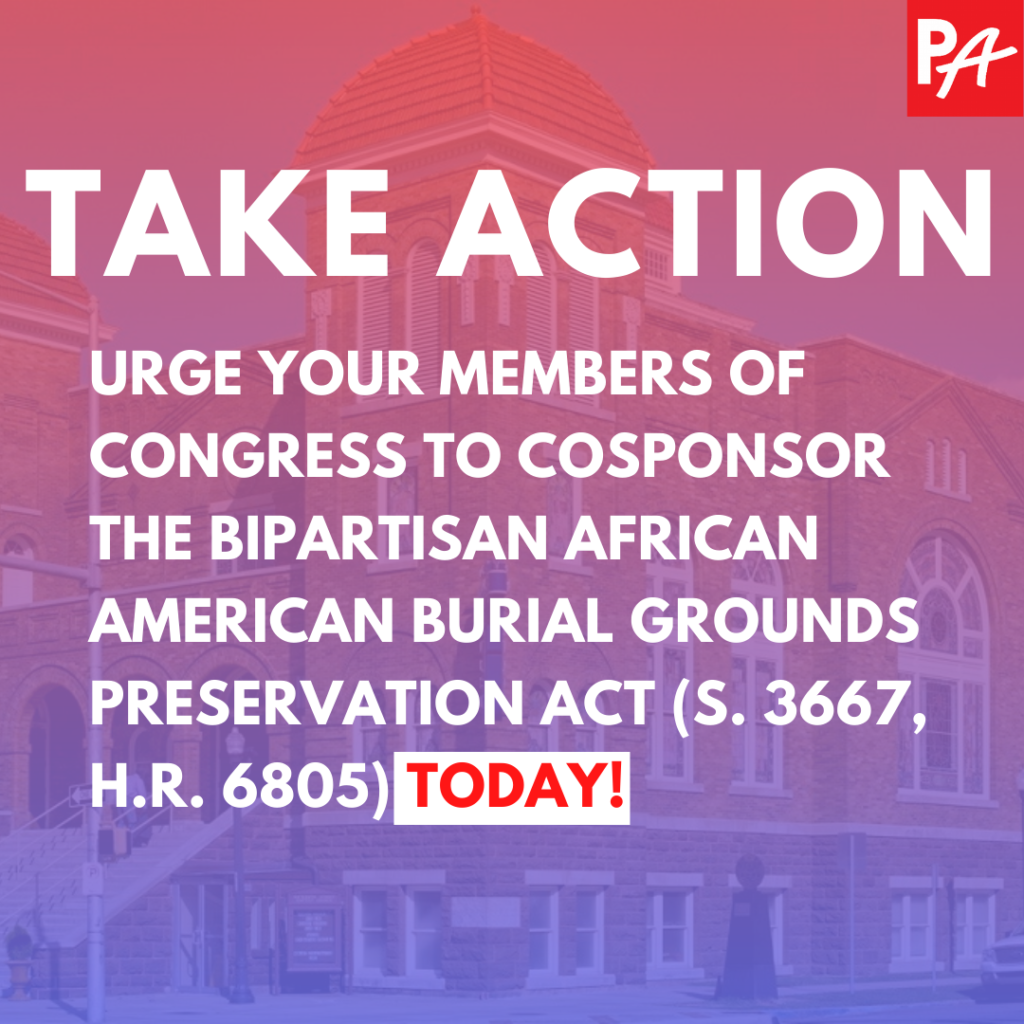
Help us take action on the African American Burial Grounds Preservation Act, by reaching out to your members of Congress and urging them to co-sponsor this important bill!
Introduced by Sen. Sherrod Brown (D-OH) and Sen. Mitt Romney (R-UT) in the Senate, Rep. Alma Adams (D-NC) and Rep. Donald McEachin (D-VA) in the House, the bipartisan African American Burial Grounds Preservation Act (S. 3667/H.R. 6805) authorizes the National Park Service to establish a $3 million grant program to identify and protect African American Burial Grounds.
The protection and documentation of African American burial grounds have long been neglected. Many African American burial grounds are in a state of disrepair, inaccessible, or their locations are unknown. Providing federal resources helps ensure that these sites are preserved, documented, and maintained for future generations.
Urge your U.S Representative and U.S Senators to support and co-sponsor the African American Burial Grounds Preservation Act (S. 3667/H.R. 6805) TODAY!
If you have a personal contact in your Representative’s office, contact that person directly and urge them to co-sponsor the African American Burial Grounds Preservation Act (S.3667/H.R. 6805). Preservation Action has also made it easy for you to take action, use the link below to easily edit and send a letter to your Representative today! Also be sure to share this alert with your networks.
